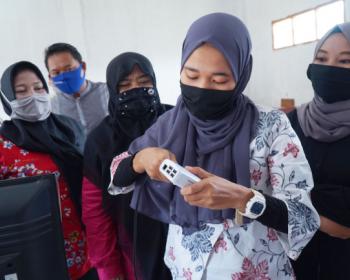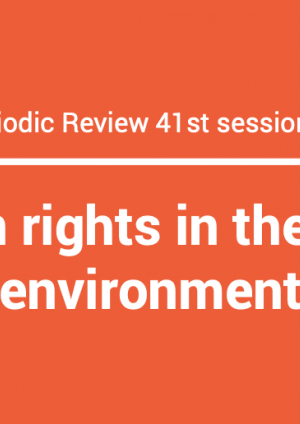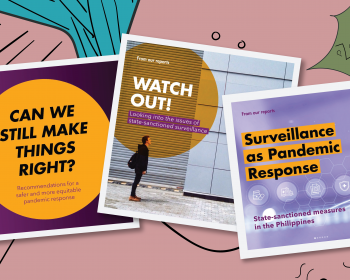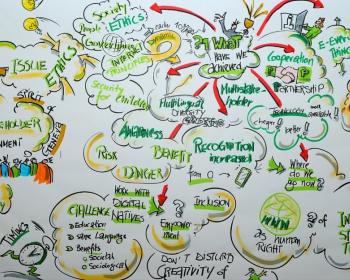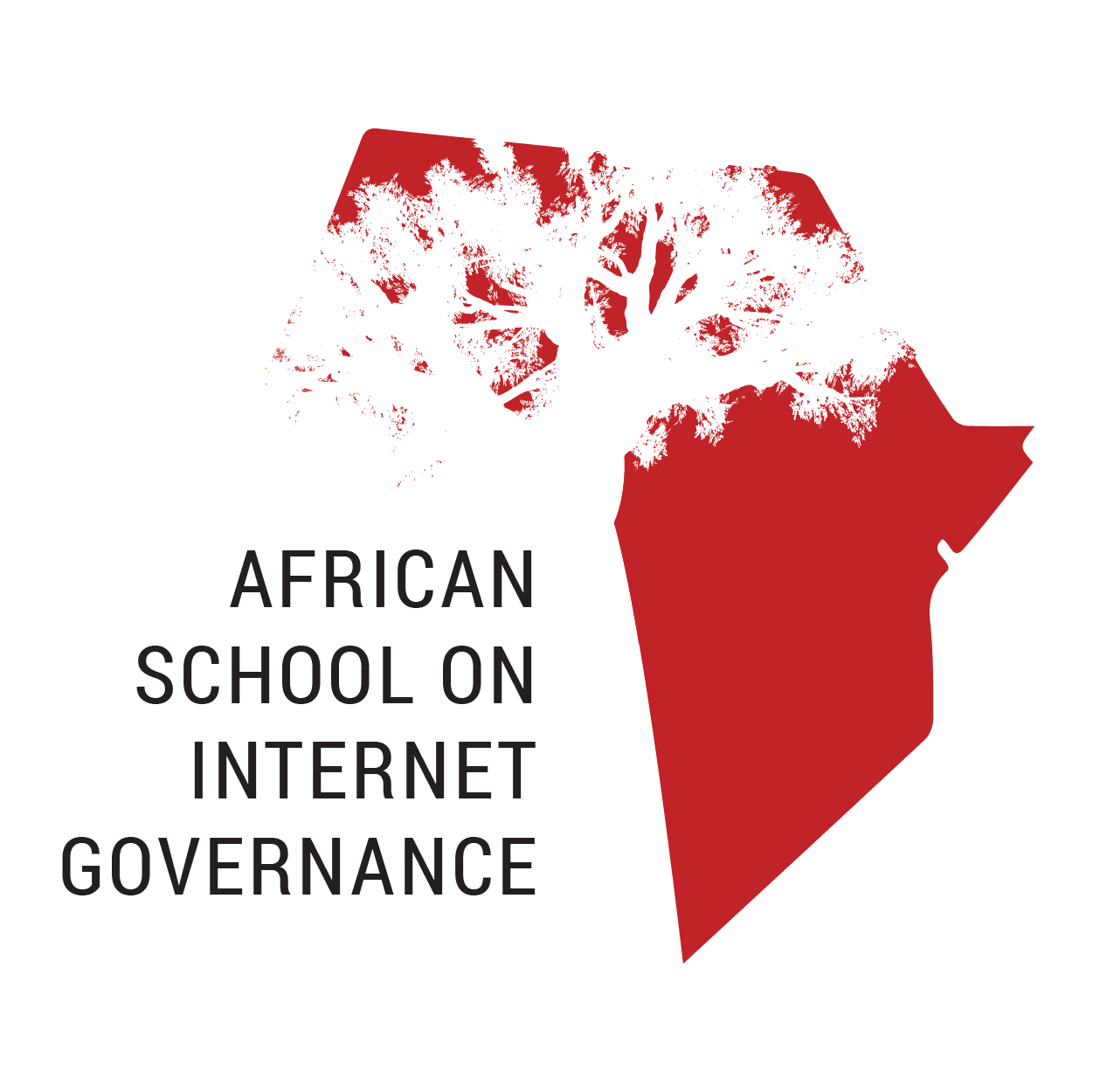When the COVID-19 pandemic challenged the whole world, the experience of communities in the rural and remote Ciracap sub-district in West Java, Indonesia, showed the importance and power of building a local response to the crisis. Welcome to the 48th monthly round-up of developments impacting you...
APC's priorities at this session of UN Human Rights Council include gender-based violence online, in particular the issue of gendered disinformation and violence against women journalists; freedom of expression and association; and the human rights impact of the tech sector.
Within the Partner2Connect Digital Coalition, APC was invited to be part of the "Empowering Communities" focus area lead. In that role, we have been highlighting the importance of commitment to policy, regulation and financial mechanisms to enable bottom-up and rights-based initiatives.
Joint statement
Shutdown order against Rappler must be revoked immediatelyAPC and other members of the Hold the Line Coalition condemn the shutdown order against Maria Ressa's Rappler media group, approved by the Philippine Securities and Exchange Commission this week.
Joint statement
Civil society organisations reject attempts to silence and criminalise social movements in the context of protests in Ecuador and demand that human rights are respectedThe undersigned organisations and activists firmly reject the violent repression, arbitrary arrests and use of surveillance technologies to intimidate, harass, persecute and silence defenders of human rights and nature in Ecuador in the context of the protests that started on 13 June 2022.
Joint stakeholder report
Universal Periodic Review 41st session – Ecuador: Human rights in the digital environmentWithin the framework of the 41st cycle of the Universal Periodic Review of the United Nations (UPR), APC and Derechos Digitales want to draw attention to some relevant aspects for the exercise of human rights in the digital environment in Ecuador.
Statement
Appointment of the UN Tech Envoy: A renewed opportunity for the strengthening of global digital cooperation and the internet governance ecosystemAPC receives with optimism the long-awaited announcement by United Nations Secretary-General António Guterres of the appointment of Amandeep Singh Gill as his Envoy on Technology, and takes this opportunity to congratulate and welcome Mr. Singh Gill to his new role.
Report
Feminist by design and designed by diverse feministsThe project envisages the implementation of a Wi-Fi community network in quilombo Ribeirão Grande/Terra Seca by actively encouraging the involvement of the entire region in multiple workshops and knowledge exchanges. In this article, we focus on the gendered and racial aspects of our journey.
Research
Reflections on hate speech and other thoughtsThis report captures the first results of a project aimed at creating generative processes and spaces for discussions in Bangladesh around free speech and hate speech and their implications which could continue beyond the scope and timeline of the project.
Report
Feminist design practicesDesign justice principles call for the process and end result of design to challenge the matrix of domination through practices such as centring the voices of marginalised communities and using collaborative processes to sustain and empower those communities.
Statement
Organisations call for release of British-Egyptian political prisoner Alaa Abdel FattahAs a visionary, Alaa was among the first to recognise the power of technology in uniting and mobilising people against unjust and oppressive states. The life and fate of Alaa is at stake, the United Kingdom Foreign Office must act now to save his life.
The COVID-19 pandemic has seen rampant surveillance and citizen monitoring under the guise of public health. FMA's recent research focused on understanding how such privacy and freedoms were being curtailed in the Philippines, providing recommendations for a more equitable response and helping civil society hold the government accountable.
A new paper says that the internet and its governance is now suffering from resistance to change, paranoia and a lack of strategic direction and accountability, among other problems. Some thoughts and critiques on the paper's conclusions and recommendations, as well as three ideas that it misses.
Governments and technology companies profit politically and economically from the vitriol, violence and attention that hate speech attracts. So people, and especially women and LGBTIQ+ people, have evolved responses and ways of hacking hate, through various means and forms.



